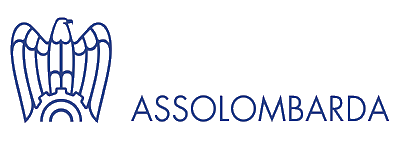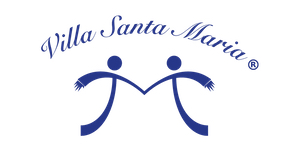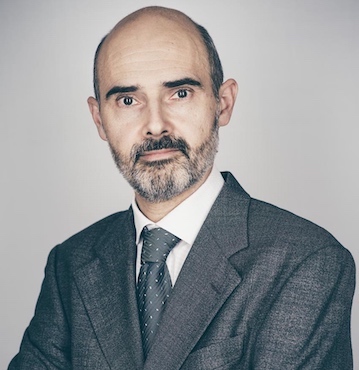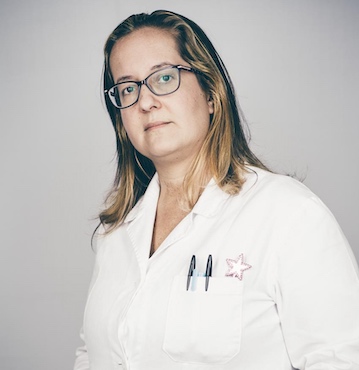Fondazione VSM di Villa Santa Maria
Villa Santa Maria is a specialized center for the diagnosis, treatment, and rehabilitation of children and adolescents with neuropsychiatric disorders.
It addresses all neurological and psychiatric disorders of the developmental age, including autism, ADHD, complex disabilities, specific learning and language disorders, epilepsy, cerebral palsy, movement disorders, rare genetic neurological conditions, and childhood and adolescent psychopathology.
Child Neuropsychiatry
The center deals with complex neuropsychiatric disorders, with the contribution of specialists from various disciplines and in collaboration with other specialized facilities:
- Simple and complex neurodevelopmental delays/disorders, including autistic spectrum disorders and other conditions (cognitive delays, developmental language delays/disorders, motor function delays/disorders, communicative/relational skills delays)
- Childhood, pre-adolescent, and adolescent psychopathology (behavioral disorders, oppositional-defiant disorders, disruptive disorders, antisocial disorders, eating disorders, school/social withdrawal, emotional/affective disturbances)
- Congenital and acquired cerebral pathologies, with varying degrees of motor impairment and intellectual disability
- Genetic or metabolic neurodegenerative diseases
- Epilepsy, with focus on treatment-resistant forms within the phenotype of rare diseases
- Rare genetic diseases
Epileptology
The Clinical Neurophysiology and Neuromodulation Outpatient Clinic is equipped with two lates generation digital video-EEG systems from Micromed for EEG signal acquisition, as well as a Micromed device for acquiring auditory and visual evoked potentials.
Recently, an important system upgrade has been completed, allowing enhanced diagnoses in:
- Epilepsy
- Rare genetic diseases
The analysis of cognitive and somatosensory evoked potentials, which are two in-depth examinations requiring highly sophisticated equipment and specially trained personnel, enables the evaluation of central and peripheral nervous system activity with extreme precision.
Together with magnetic resonance imaging (MRI), the electroencephalogram (EEG) represents a valuable diagnostic tool in the field of pediatric neurology.
Pediatric Neurology
The specialized service for the developmental age (0-18 years) is aimed at the treatment and rehabilitation of:
- Acute neurological disorders
- Psychiatric disorders
- Developmental disorders
These situations require early and targeted interventions to prevent the degeneration of skills and promote the stabilization of deficits and/or the acquisition of new abilities.
– Chronic disorders
These conditions often have a significant disabling potential, with reduced mental efficiency or relational capabilities, diminished physical autonomy, and complex multiple needs with a high social impact that persists throughout life.
These neurological and neuropsychological disorders are also characterized by the presence of complex multiple disabilities, with or without associated behavioral disorders.
Child Neuropsychiatry
Epileptology
Pediatric Neurology
ORGANIZATION FIGURES
| RESIDENT DOCTORS | 10 |
| IN-HOUSE NURSES | 10 |
| FULL TIME STAFF | 250 |
| NUMBER OF BEDS | 105 |
| YEARLY PATIENTS | 700 |
OPENING HOURS
International Office
| Monday – Sunday | 00:00 – 24:00 |






